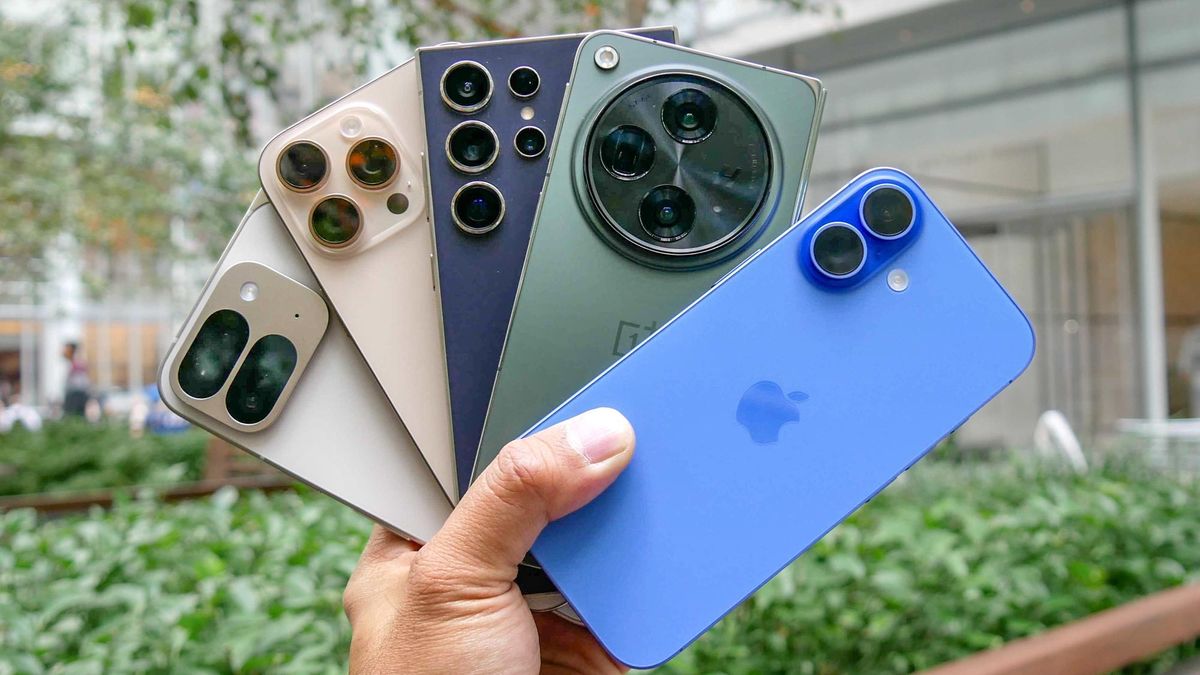Generative artificial intelligence (AI) is transforming the technology landscape, and smartphones are at the forefront of this revolution. By leveraging generative AI, smartphones are becoming more intuitive, creative, and functional, offering users an unprecedented level of convenience and personalisation.
Generative AI has the potential to create more adaptive and personalised user interfaces. By analysing user behaviour, preferences and habits, AI can generate customised layouts, themes and workflows.
Imagine a smartphone interface that rearranges apps and settings based on your daily routine or generates context-aware shortcuts for tasks you perform frequently. Such dynamic customisation would make smartphones more user-centric and efficient.
Voice interactions are another area poised for significant improvement. Generative AI enables more natural and context-aware conversations with personal assistants like Siri and Google Assistant.
Beyond executing basic commands, these assistants could generate detailed and nuanced responses, hold multi-turn conversations, and even anticipate user needs based on historical interactions. This capability makes smartphones indispensable as personal assistants in everyday life.
Generative AI can revolutionise productivity apps by automating tasks and generating content. For instance, AI-driven note-taking apps could summarise meetings, generate actionable insights or draft professional documents based on minimal input.
Email clients could automatically compose contextually relevant responses or generate comprehensive summaries of lengthy threads.
Task management and calendar apps could also benefit. Generative AI can analyse schedules and suggest optimised routines, identify potential conflicts and even generate reminders tailored to user priorities. Such tools could significantly reduce cognitive load, allowing users to focus on what truly matters.
Generative AI empowers users to explore their creativity directly from their smartphones. Advanced photo and video editing tools can now generate missing details, enhance image quality, and apply artistic filters with minimal effort.
For example, AI can create stunning visuals by filling in backgrounds, removing unwanted objects or even generating entirely new content based on a simple description.
Video content creation is also set to become more accessible. Generative AI can assist in editing, adding special effects or even creating scripts and storyboards. This democratisation of creative tools makes professional-grade media production possible for everyday users, fostering a new wave of content creators.
Generative AI is redefining how we communicate. Real-time translation powered by AI can break down language barriers, enabling seamless communication between speakers of different languages. Imagine a video call where the participants’ voices are translated and lip-synced in real time, creating a natural and immersive experience.
AI-powered messaging apps can also generate personalised responses, suggest phrases, or craft entire paragraphs based on the tone and context of the conversation. This capability enhances communication, making it faster and more efficient without losing the personal touch.
Photography has always been a cornerstone of smartphone functionality, and generative AI is taking it to new heights. AI-powered cameras can enhance photos by generating realistic textures, filling in missing details and even recreating damaged portions of images.
In augmented reality (AR), generative AI can create realistic 3D models, environments, and interactive elements in real time. This innovation opens up new possibilities for gaming, education, and virtual shopping experiences, making AR more engaging and practical.
A critical advancement in generative AI integration is the shift to on-device processing. Equipped with neural processing units (NPUs), modern smartphones can run complex AI models locally.
This shift enhances privacy by minimising the need to send data to cloud servers, reduces latency and ensures real-time responsiveness for AI applications. From voice assistants to augmented reality, on-device AI makes smartphones faster and more secure.
Challenges and Future Outlook
While the possibilities are exciting, incorporating generative AI into smartphones comes with challenges. Data privacy, ethical use and the potential for misuse, such as creating deepfakes or spreading misinformation, are significant concerns.
To address these issues, developers and manufacturers must prioritise transparency, establish ethical guidelines and implement robust security measures.
Looking ahead, generative AI could unlock even more groundbreaking applications. Hyper-personalised virtual assistants, real-time 3D content generation, and advanced health monitoring are just a few examples of what the future holds.
By harnessing the power of generative AI, smartphones are evolving from mere communication devices to indispensable tools that enrich every aspect of our lives.
Generative artificial intelligence (AI) is revolutionizing the smartphone industry by making devices more intuitive and personalized. By analyzing user behavior and preferences, AI allows for dynamic customization of smartphone interfaces, intelligent voice interactions, and automated productivity applications. This technology enables smartphones to become indispensable personal assistants, as AI-driven assistants generate nuanced responses and anticipate user needs. Enhanced photo, video editing, and content creation tools democratize creativity, allowing everyday users to produce professional-grade media. Real-time AI-powered communication tools break down language barriers and enhance messaging by generating personalized responses.
AI also boosts photography and augmented reality by enhancing images and creating realistic 3D models for better gaming, education, and virtual shopping experiences. A crucial advancement is the shift toward on-device AI processing, enhancing privacy, reducing latency, and bolstering security by running complex models on smartphones rather than cloud servers.
Despite numerous possibilities, integrating generative AI into smartphones poses challenges such as data privacy and ethical concerns like deepfake creation. Developers must ensure transparency, establish ethical guidelines, and strengthen security measures to address these issues. Looking forward, AI promises groundbreaking applications like hyper-personalized virtual assistants and advanced health monitoring, transforming smartphones into essential tools that enhance daily life.






